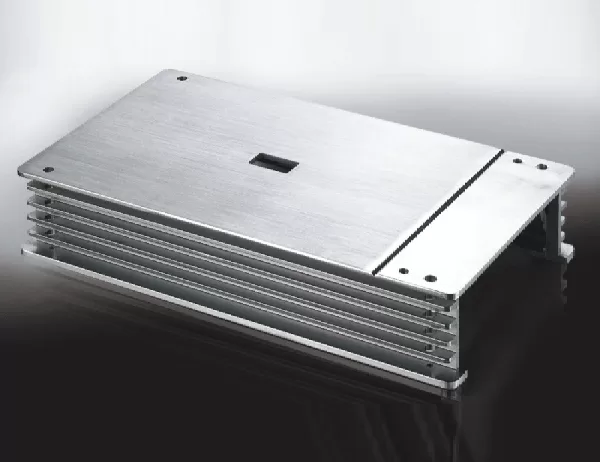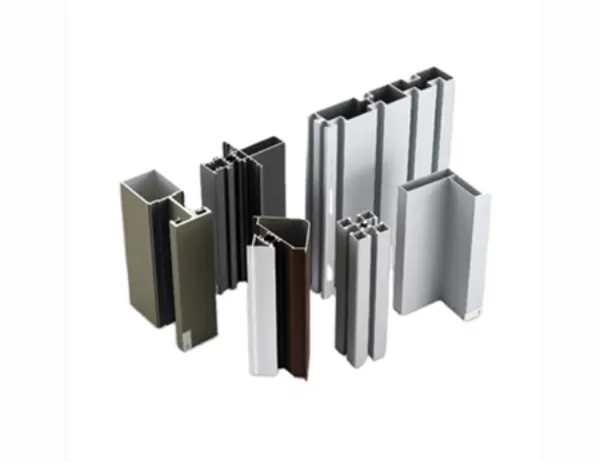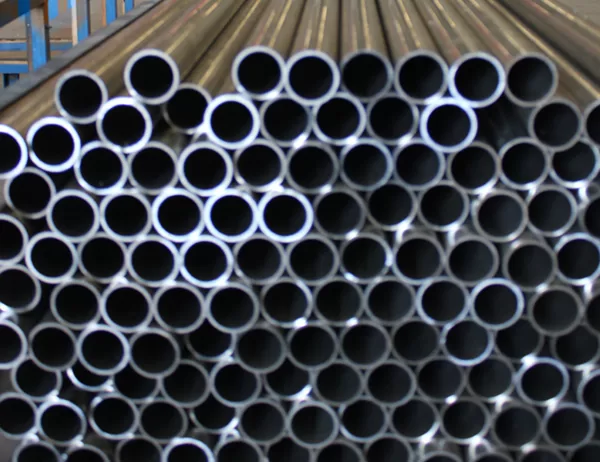When selecting aluminum sheets, choosing the right alloy is crucial to ensure optimal performance and durability. 8mm aluminum sheets are commonly used in various industrial and construction applications, and understanding the differences between different alloys is essential for making an informed decision. This article provides a comprehensive guide to help you navigate the intricacies of choosing the right alloy for your specific needs.
Understand the Temper Designations
Aluminum sheets are designated with a temper code, which indicates the material’s strength and hardness. The most common tempers for 8mm aluminum sheets are:
– O (Annealed): Soft and ductile, easily formable.
– H11 (Work-Hardened Only): Harder and stronger than O temper, but still formable.
– H12: Work-hardened and then stress-relieved, providing a good balance of strength and formability.
– H14: Work-hardened and then precipitation-strengthened, offering high strength but reduced formability.
Consider the Alloy Series
The alloy series designates the primary alloying element used in the aluminum. The most common alloy series for 8mm aluminum sheets are:
– 1000 Series (Pure Aluminum): Excellent corrosion resistance, good electrical and thermal conductivity.
– 3000 Series (Manganese): High strength, good formability, corrosion resistance.
– 5000 Series (Magnesium): High strength, good corrosion resistance, good weldability.
– 6000 Series (Silicon): Good strength, corrosion resistance, and weldability, heat-treatable.
– 7000 Series (Zinc): High strength, good corrosion resistance, heat-treatable.
Evaluate Mechanical Properties
The mechanical properties of the alloy determine its strength, hardness, and wear resistance. Key mechanical properties to consider for 8mm aluminum sheets include:
– Tensile Strength: The resistance of the material to breaking under tension.
– Yield Strength: The stress at which the material begins to deform permanently.
– Elongation: The percentage of deformation the material can undergo before breaking.
– Hardness: The resistance of the material to indentation or scratching.
Assess Corrosion Resistance
Corrosion resistance is an important factor when selecting 8mm aluminum sheets for outdoor or marine applications. Different alloys exhibit varying degrees of corrosion resistance:
– 1000 Series (Pure Aluminum): Excellent corrosion resistance in most environments.
– 3000 Series (Manganese): Good corrosion resistance, but less resistant than pure aluminum.
– 5000 Series (Magnesium): Good corrosion resistance, especially in marine environments.
– 6000 Series (Silicon): Good corrosion resistance, heat-treatable to improve resistance.
– 7000 Series (Zinc): Good corrosion resistance, heat-treatable to improve resistance.
Choosing the right alloy for 8mm aluminum sheets involves a comprehensive evaluation of the temper, alloy series, mechanical properties, and corrosion resistance. By carefully considering these factors, you can select an alloy that meets the specific requirements of your application and ensures optimal performance and durability.




